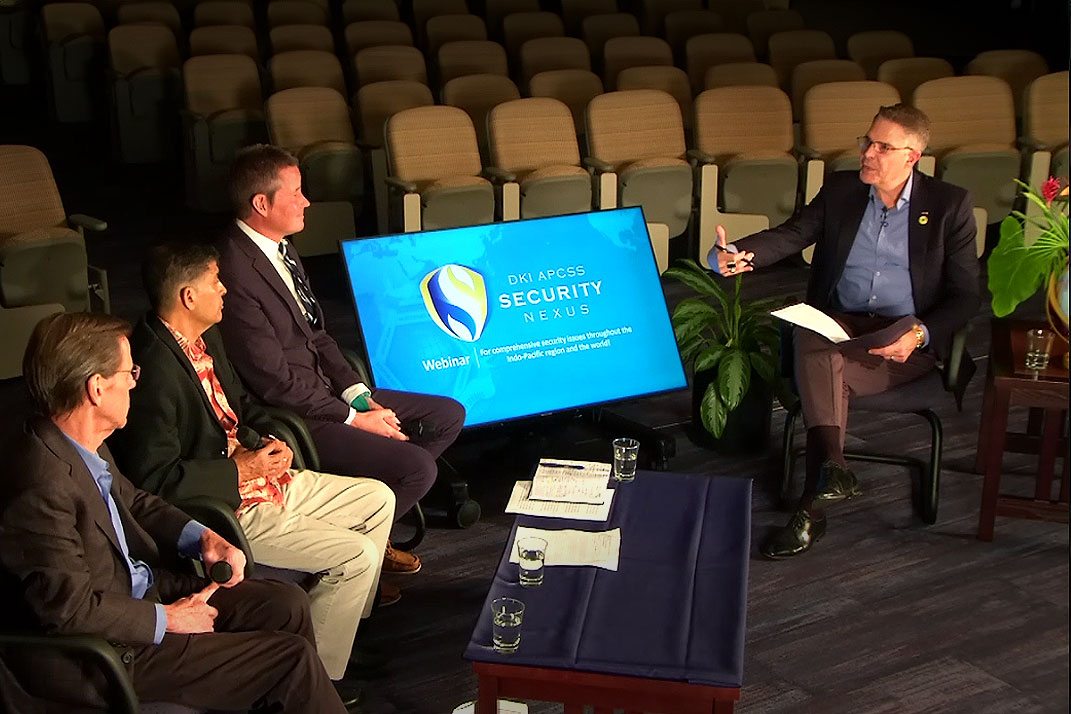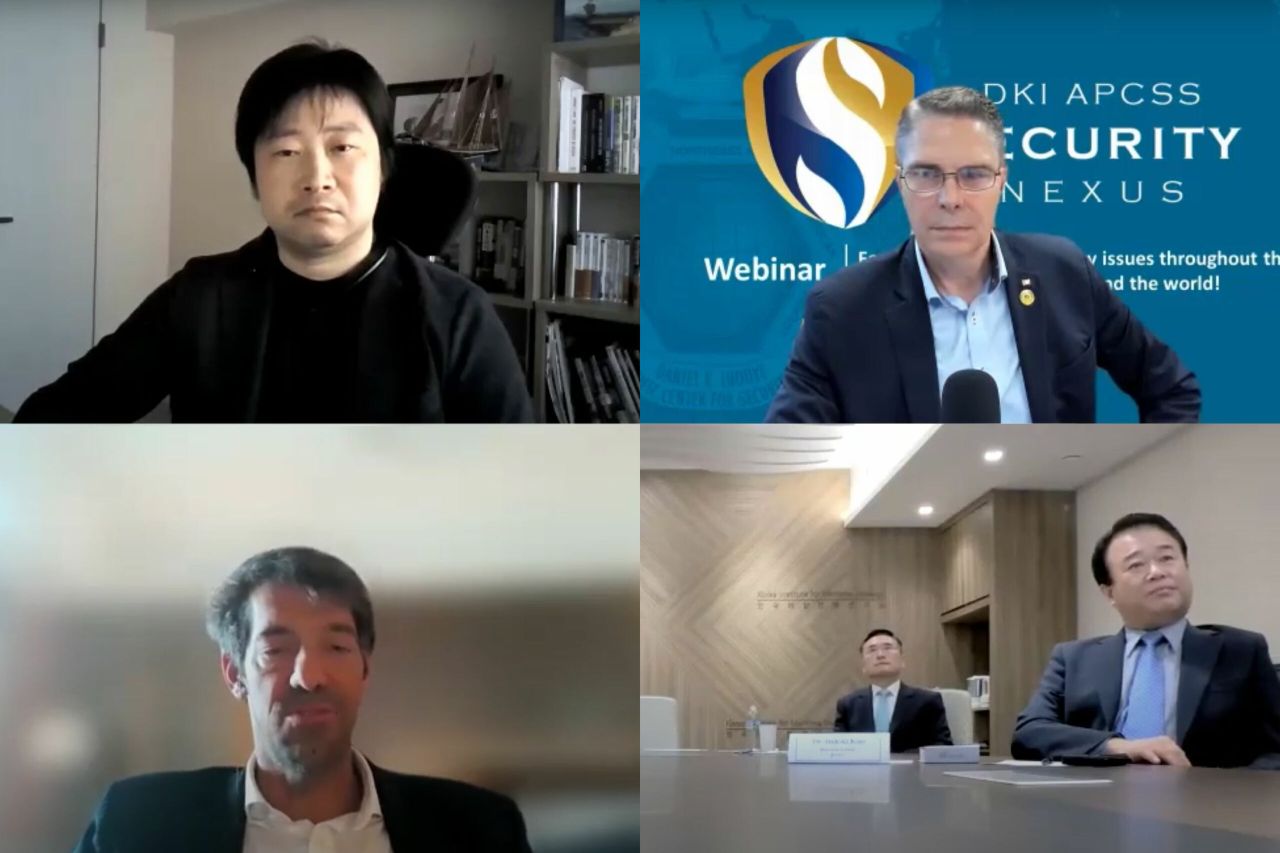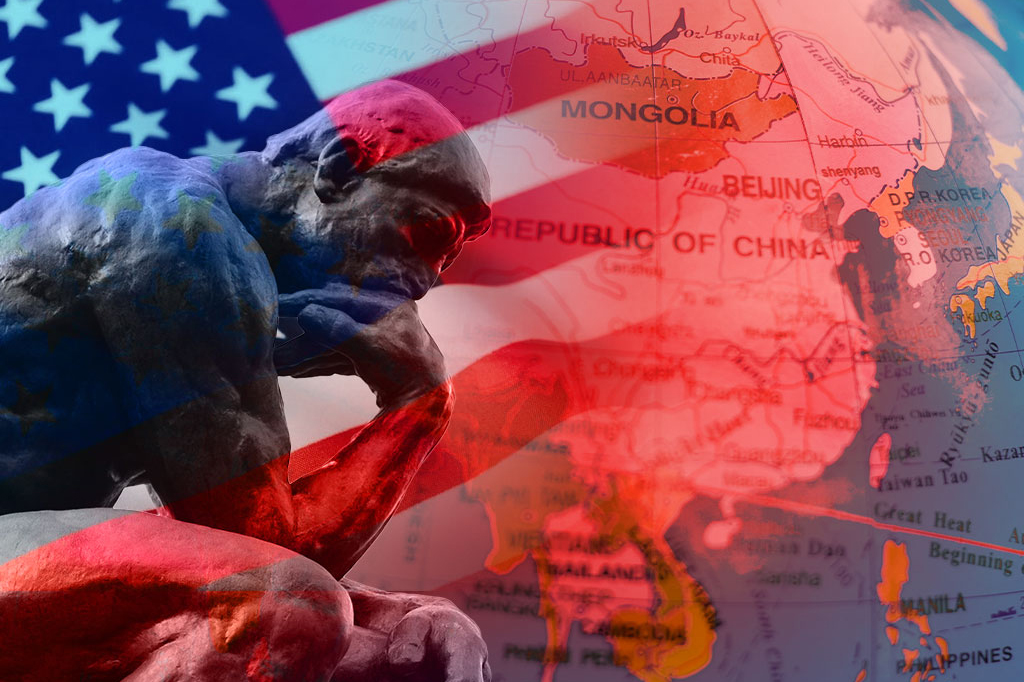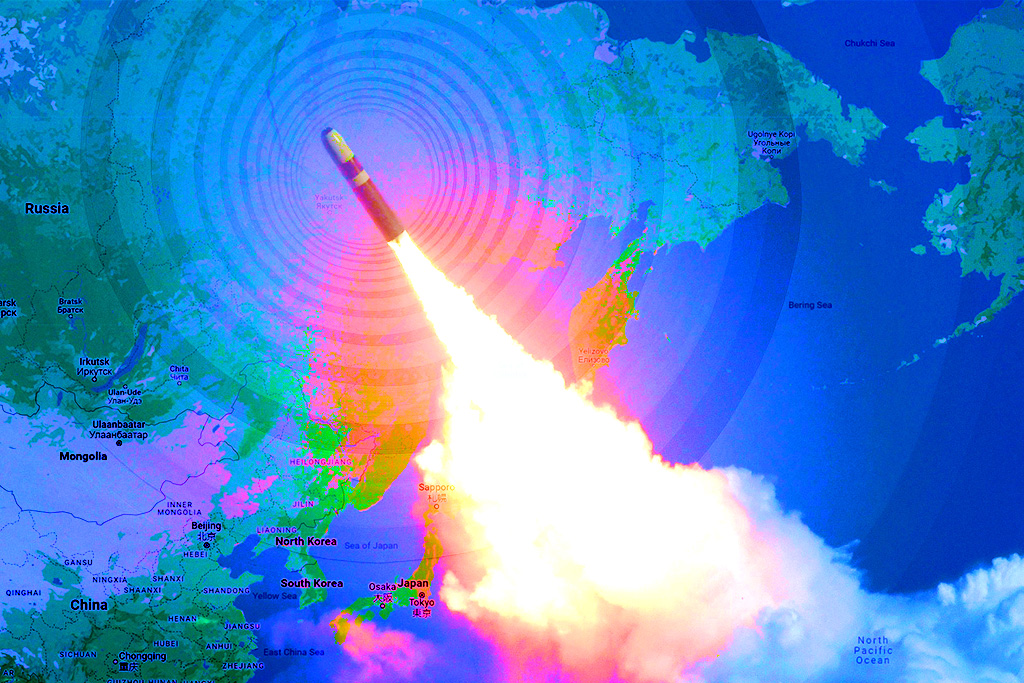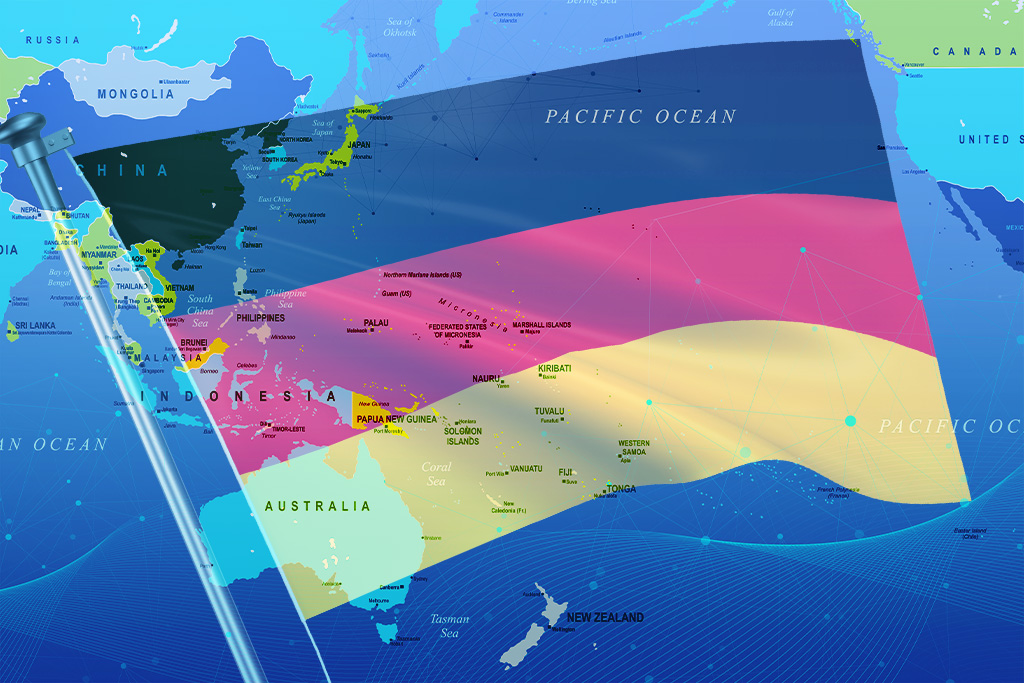Security Nexus | Webinar Episode 4: China’s Perspective of Indo-Pacific Security
The Security Nexus | Webinar became a pivotal platform on Monday, December 4th, as it unraveled the complexities shaping the Indo-Pacific region. Focused on exploring China’s evolving security posture, the webinar shed light on the profound geopolitical dynamics between China and the United States.





